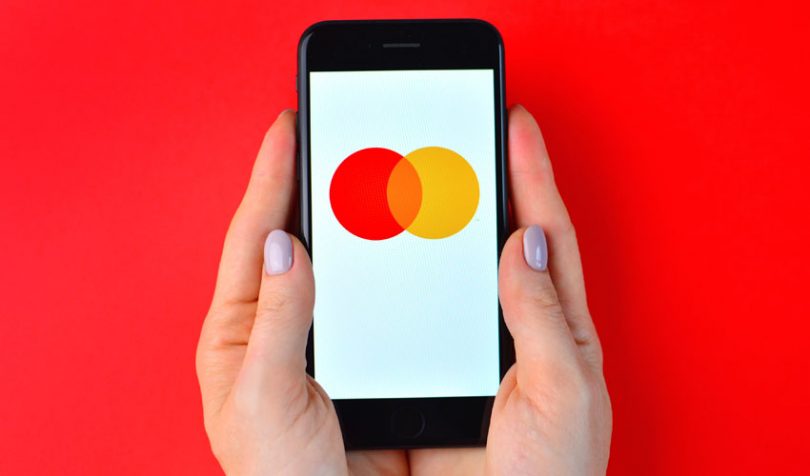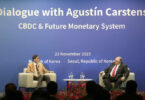Yesterday, Mastercard announced a partnership with Envisible to integrate Mastercard’s “Provenance” blockchain with the latter’s food traceability system Wholechain. The largest United States food co-operative Topco Associates will pilot the solution along with supermarket chain Food City for its seafood inventory.
Food traceability has become increasingly important to consumers as they become more and more conscious of the foods they eat. There is also the question of ethical sourcing and environmental compliance, which Wholechain is trying to address.
“Using Envisible Wholechain, powered by Mastercard, our grocers will be able to stock shelves with confidence and also be able to pinpoint issues in the food chain during any unfortunate events such as recalls,” added Dan Glei, executive vice president, Merchandising and Marketing, Food City.
There are numerous blockchain food traceability initiatives, with IBM Food Trust as the highest-profile. Whereas IBM supports the Hyperledger Fabric blockchain, the WEF consortium can be technology agnostic.
IBM’s solution started with an emphasis on leafy greens and is extending to seafood. The latter is an area that SAP identified as a priority because it’s also high value.
Both compete with incumbent iTradeNetwork which has a vast array of existing clients and has added a blockchain solution. In terms of sustainability, the WWF and Boston Consulting launched an important initiative, the OpenSC.
Mastercard is also working on a blockchain supply chain initiative for sustainable sourcing of goods along with Accenture, Amazon Web Services, Everledger and Mercy Corps.
Mastercard’s Provenance solution is built on its proprietary blockchain technology. In August, it launched a traceability solution for high-end clothing to cut down losses to brands due to counterfeiting.
“Our provenance solution leverages Mastercard’s established network capabilities, globally-scaled technology, and services, such as payments and counterfeit programs. This allows us to deliver trust, financial inclusion and back-end efficiencies to the marketplace,” said Deborah Barta, senior vice president, Innovation and Startup Engagement, Mastercard.
Unsurprisingly Mastercard is quite active with blockchain in the finance space, where it recently withdrew from Libra. A few weeks ago it joined the Marco Polo Network, a trade finance network initiated by R3 and TradeIX.
Meanwhile, R3 and Mastercard have another significant blockchain project. The duo is working on a cross-border payments solution by creating a blockchain clearing and settlement network for banks and other providers. It plans to connect national real-time settlement systems for cross border payments.







